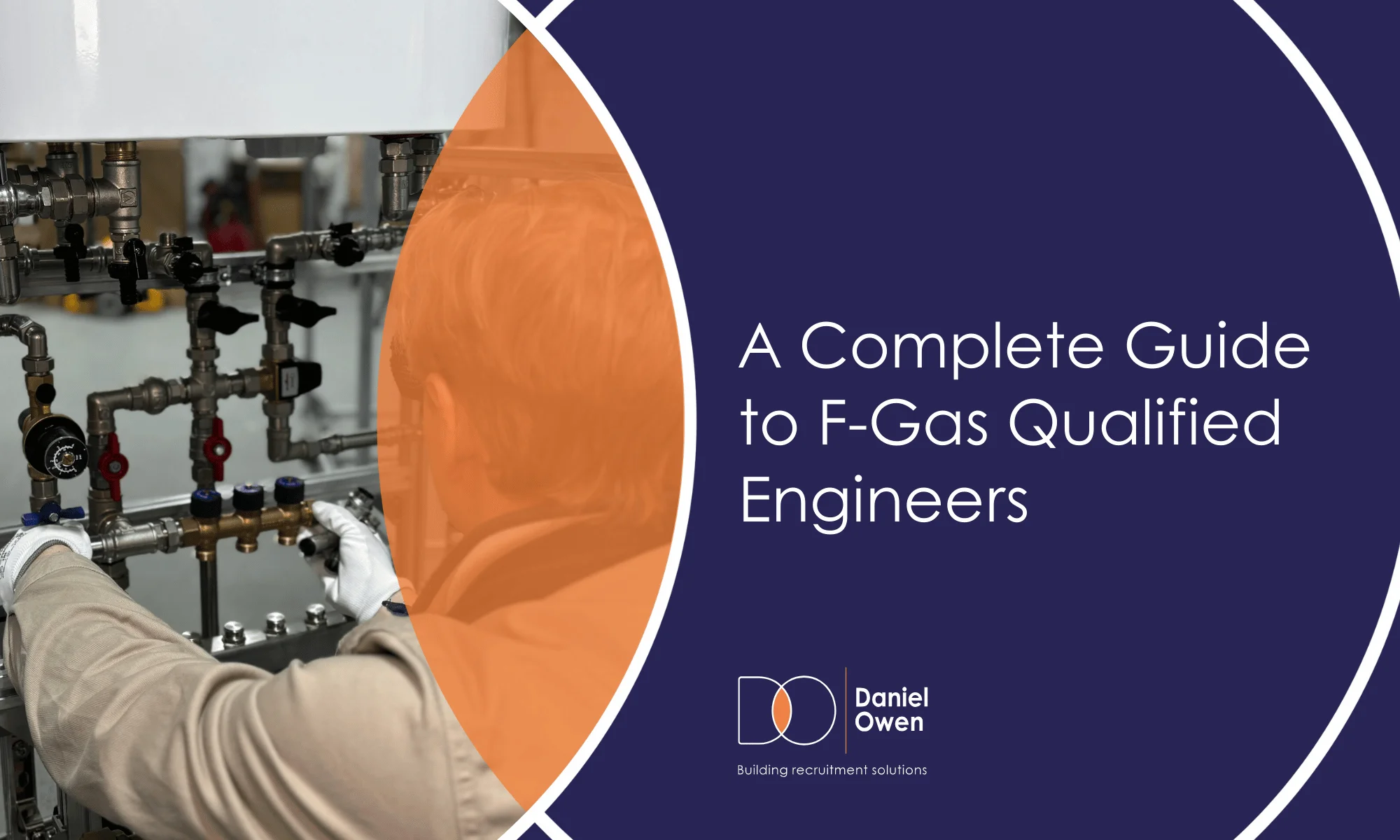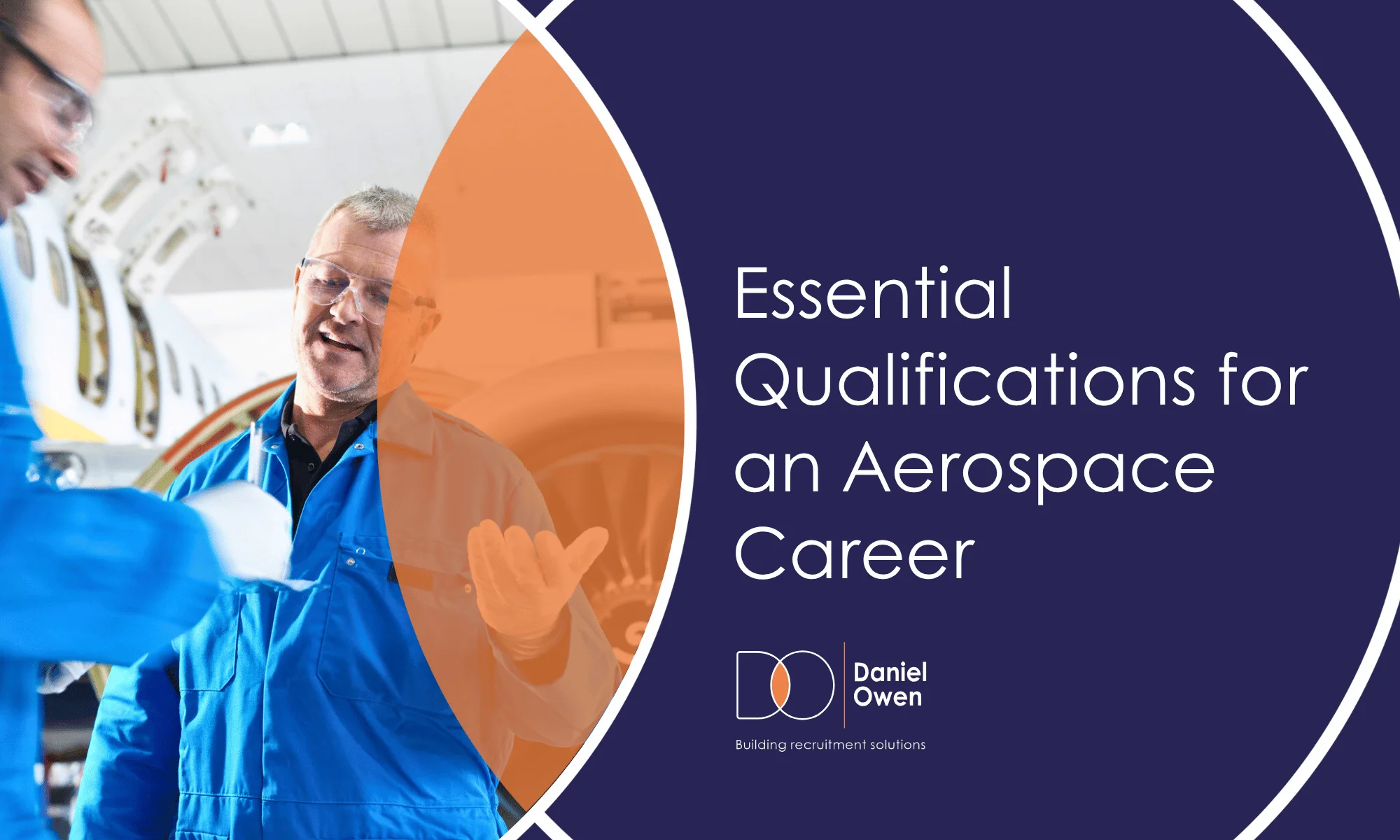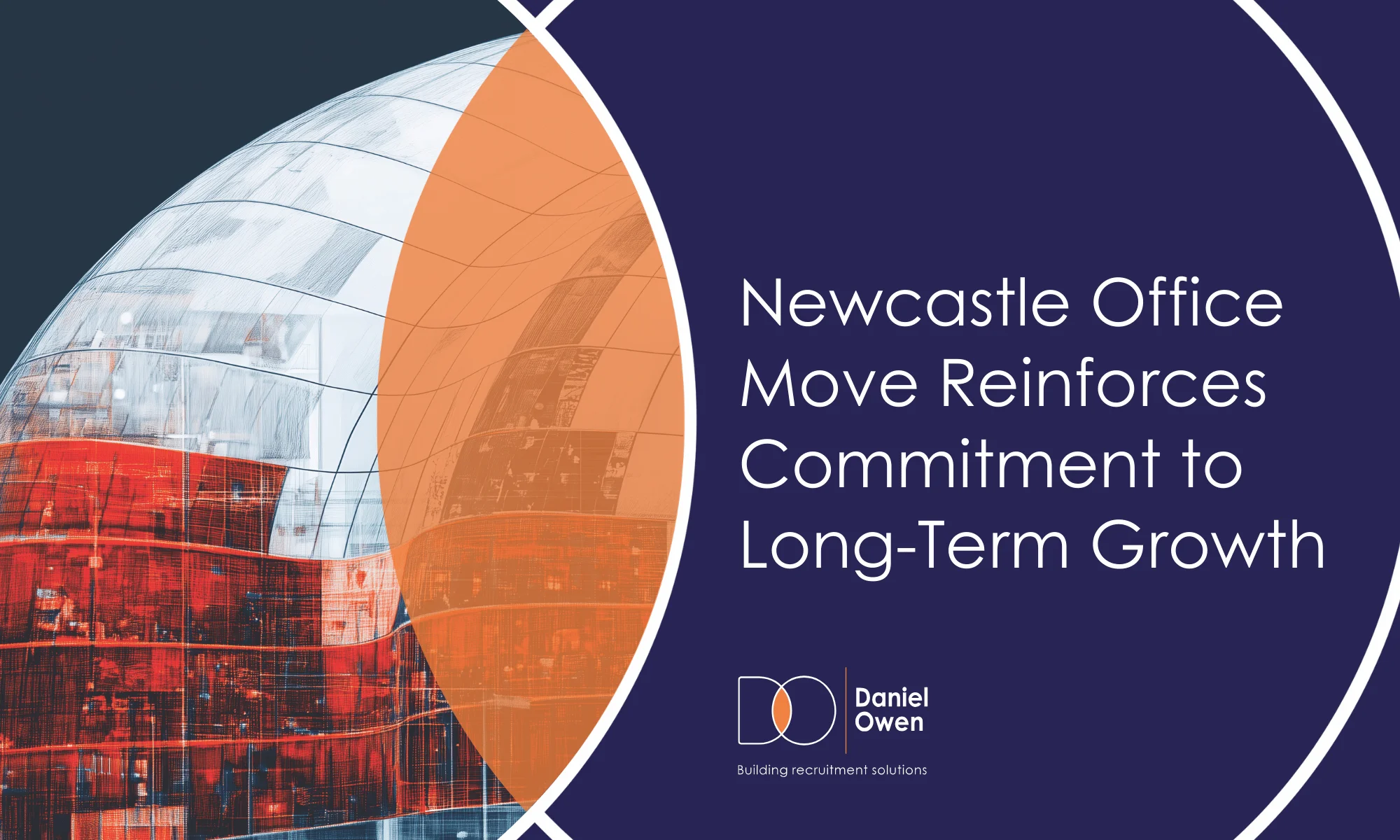
Essential Qualifications for an Aerospace Career
16 Aug, 20245 MinutesStarting a career in aerospace can seem daunting; with so many paths, where do you begin?Whe...

Starting a career in aerospace can seem daunting; with so many paths, where do you begin?
Whether considering university, vocational training, or apprenticeships, we will discuss the essential qualifications for an aerospace career, including insights from Sonia, a commercial manager with a major aerospace employer.
University Study
A university degree is the most typical route into an aerospace career.
A degree in aerospace engineering or a related field provides essential knowledge in flight, aerodynamics and space systems.
Critical subjects include:
- Aerospace engineering focuses on designing, developing, and testing aircraft.
- Aeronautical engineering specialises in the mechanics and physics of flight.
- Mechanical engineering for aircraft mechanics.
- Electrical engineering, which is crucial for aviation and control systems
- Fundamental skills in physics, software engineering and maths.
Postgraduate opportunities, such as a master’s in aerospace engineering, can boost your skills and CV, providing better opportunities.
To get into a degree course, ensure you have 3 A-Levels (or equivalent), including maths and physics. For postgraduate study, you’ll need a related degree.
College and Vocational Qualifications
University not the right path for you? Don’t worry; there are other ways to enter the industry.
A-levels, equivalents and higher national diplomas are fantastic courses to take.
We spoke with Sonia, a commercial aerospace manager, who took a similar route:
“I began with a one-day-a-week work placement and an NVQ Level 3 in Business Administration. While working full-time in aerospace, I earned a Higher National Diploma in Business Management over three years.”
Alternatively, you can choose a BTEC Level 3 Extended Diploma in Aeronautical Engineering, equivalent to three A-Levels, to prepare for apprenticeships, university, or jobs.
Entry requirements vary but generally include 5 GSCEs focusing on maths and science.
Apprenticeships
Apprenticeships are an excellent option for those who prefer hands-on learning. They allow you to learn while you learn, combining workplace training with study.
Types of apprenticeships:
Level 6 Degree Apprenticeships earn you a degree while working. Level 7 Apprenticeships prepare you for leadership roles equivalent to a master's degree.
Level 6 aerospace engineering apprenticeships are the most popular, leading to the Level 7 postgraduate aerospace course for further development.
You will need 4-5 GCSEs at grade 9-5 (A*—C) and A-Levels or equivalent for higher or degree apprenticeships.
Direct Entry and Work-Based Training
You can also begin your aerospace career in junior roles, such as sales, admin, or engineering-based positions.
Professional development is crucial for advancing from junior roles. Joining industry bodies such as the Royal Aeronautical Society can provide networking opportunities and certification support.
In-house training also helps advance your career, as commercial aerospace manager Sonia explains:
“I benefited from in-house training, including awards, certifications and sector-specific courses like human factors and error management.”
A career in aerospace is within reach, no matter your starting point. Whether through university, vocational training, or an apprenticeship, each path helps you build skills.
The key to success is choosing the right path and staying committed to learning and gaining qualifications.


